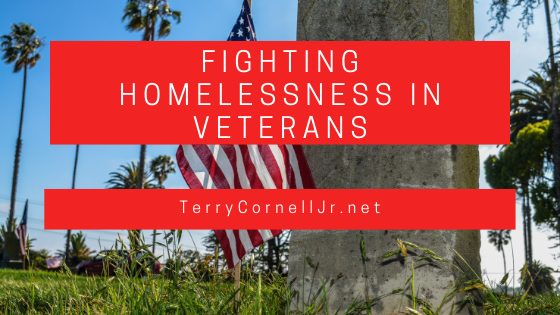A sad reality about the United States is that it may seem patriotic, but a staggering amount of its military veterans struggle with homelessness. On a single night, 40,056 veterans do not have a home. The United States Department of Housing and Urban Development reports that three in five homeless veterans do not have any place to live at all while the other two in five are in areas not suitable for human habitation. These statistics are concerning, but things might not be as hopeless as they seem. There are several major organizations that are working to end the problem of veteran homelessness.
Iraq and Afghanistan Veterans of America
This charity is essential to providing non-partisan support for veterans of these recent wars. IAVA has a broad staff of social workers who work with veterans to help them get jobs, and they also have staff raising awareness and advocating for these veterans. Over the years, they have helped more than a million veterans access important resources.
The National Call Center for Homeless Veterans
This is a program run by the Department of Veterans Affairs. It works to address the main causes of homelessness, such as mental issues, substance abuse, and trouble translating military experience to a civilian workforce. Homeless veterans can call 1-877-424-3838 to learn about the housing, healthcare, and job training initiatives provided by the VA.
U.S. Vets
U.S. Vets is one of the longest running charitable organizations for homeless vets. In addition to working with homeless veterans, U.S. Vets also provides assistance for at-risk vets, so they have less strict policies for who can qualify for help. This charity has specialized assistance for both female and post 9/11 vets. With 20 residential sites throughout the nation, U.S. Vets is the largest homeless veterans charity, and they provide people with on-site counseling and job placement opportunities.
Supportive Services for Veteran Families
This important program focuses on helping veterans who have families. Many veterans struggle because they are also responsible for children and other family members who cannot find safe and appropriate assistance in a traditional homeless shelter. In a single year, the SSVF program allowed roughly 35,000 children and 100,000 veterans to find homes.
